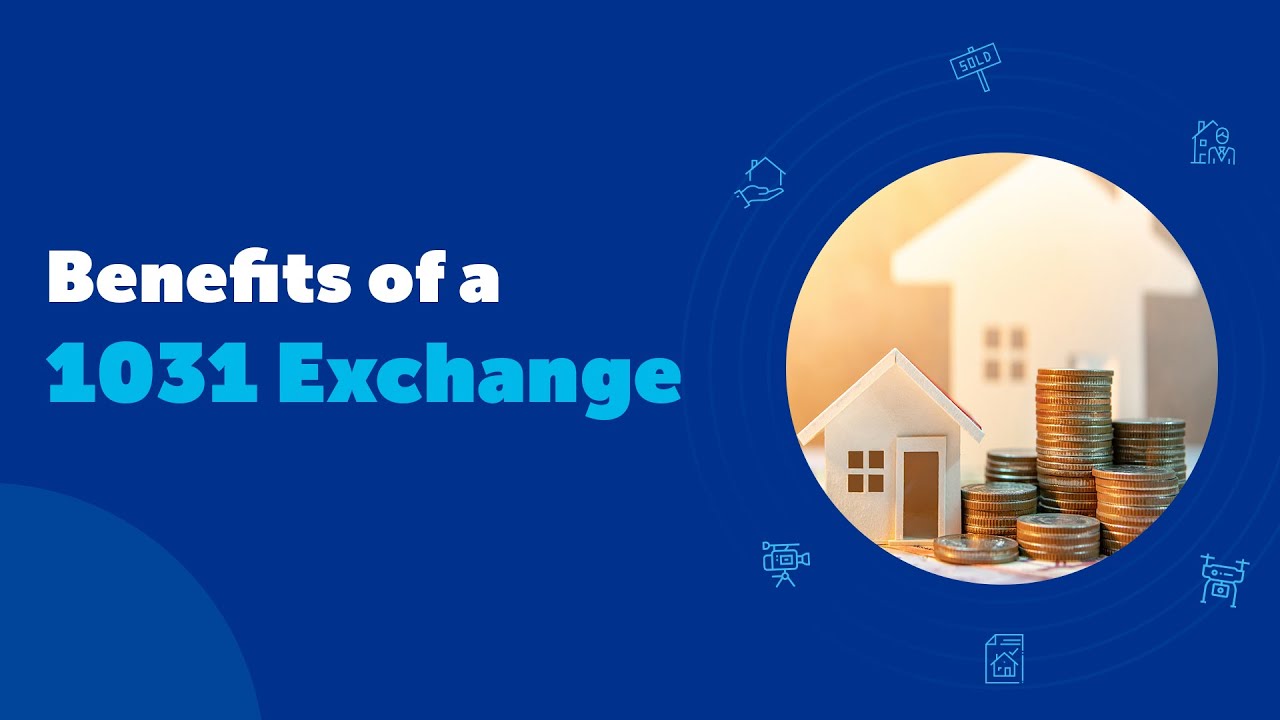Benefits of 1031 Exchange
Welcome to our comprehensive guide on the benefits of the 1031 exchange. In this article, we will explore the advantages of utilizing a 1031 exchange, also known as a like-kind exchange, for real estate investors. A 1031 exchange allows investors to defer capital gains taxes when selling an investment property and reinvesting the proceeds into another property of equal or greater value within a specific timeframe.
Tax Deferral
One of the primary benefits of a 1031 exchange is the ability to defer capital gains taxes. By reinvesting the proceeds from the sale of an investment property into another qualifying property, investors can defer paying taxes on the capital gains until a future date. This allows investors to keep more of their money working for them and potentially increase their purchasing power for future investments.
Wealth Accumulation
A 1031 exchange provides a valuable tool for real estate investors to accumulate wealth. By deferring taxes, investors can reinvest the full amount of their proceeds into a new property, allowing for potential appreciation and income generation. Over time, this can lead to significant wealth accumulation and financial growth.
Portfolio Diversification
Another advantage of a 1031 exchange is the opportunity for portfolio diversification. Investors can use the exchange to transition from one type of property to another, such as exchanging residential properties for commercial properties or vice versa. This allows investors to spread their risk across different asset classes and potentially increase their overall returns.
Increased Cash Flow
By utilizing a 1031 exchange, investors can strategically acquire properties that generate higher rental income or cash flow. This can be achieved by exchanging properties located in areas with strong rental demand or properties with higher rental rates. The increased cash flow can provide investors with a steady stream of income and potentially improve their overall financial situation.
Estate Planning Benefits
A 1031 exchange can also offer estate planning benefits for investors. When an investor passes away, the cost basis of the property is stepped up to its fair market value at the time of death. This means that any potential capital gains tax liability is eliminated for the investor’s heirs. By utilizing a 1031 exchange during their lifetime, investors can potentially transfer their real estate holdings to their heirs with reduced tax consequences.

In conclusion, a 1031 exchange offers numerous benefits for real estate investors. From tax deferral and wealth accumulation to portfolio diversification and increased cash flow, this powerful tool can help investors achieve their financial goals and maximize their returns. If you are considering a 1031 exchange, it is essential to consult with a qualified tax advisor or real estate professional to ensure compliance with all IRS regulations and guidelines.
Frequently Asked Questions about the Benefits of 1031 Exchange
1. What is a 1031 exchange?
A 1031 exchange, also known as a like-kind exchange, is a tax-deferred transaction that allows real estate investors to sell a property and reinvest the proceeds into a similar property while deferring capital gains taxes.
2. How does a 1031 exchange benefit me as an investor?
A 1031 exchange allows you to defer paying capital gains taxes on the sale of your investment property, which can help you preserve more of your profits and reinvest them into a new property.
3. Are there any restrictions on the types of properties that qualify for a 1031 exchange?
Yes, the properties involved in a 1031 exchange must be of like-kind, which means they should be similar in nature or character. For example, you can exchange a residential property for another residential property or a commercial property for another commercial property.
4. Can I use a 1031 exchange for personal property?
No, a 1031 exchange is only applicable to investment or business properties. Personal properties such as primary residences or vacation homes do not qualify.
5. Do I have to reinvest all the proceeds from the sale into a new property?
No, you can choose to reinvest only a portion of the proceeds into a new property and still enjoy the tax deferral benefits. However, any amount not reinvested will be subject to capital gains taxes.
6. Can I use a 1031 exchange to defer taxes indefinitely?
No, a 1031 exchange allows you to defer taxes, but eventually, if you sell the property without doing another exchange, you will have to pay the capital gains taxes.
7. Are there any time limits for completing a 1031 exchange?
Yes, you must identify a potential replacement property within 45 days of selling your current property, and the entire exchange must be completed within 180 days.
8. Can I do a 1031 exchange with a property located in a different state?
Yes, a 1031 exchange can be done with properties located anywhere within the United States, as long as they meet the like-kind requirement.
9. Can I use a 1031 exchange to upgrade or downgrade my investment property?
Yes, a 1031 exchange allows you to trade up to a more valuable property or even downsize to a less valuable one, as long as the new property is of like kind and meets the other requirements.
10. Do I need to hire a qualified intermediary for a 1031 exchange?
Yes, it is highly recommended to work with a qualified intermediary who specializes in 1031 exchanges to ensure compliance with IRS regulations and to facilitate the smooth execution of the exchange.




